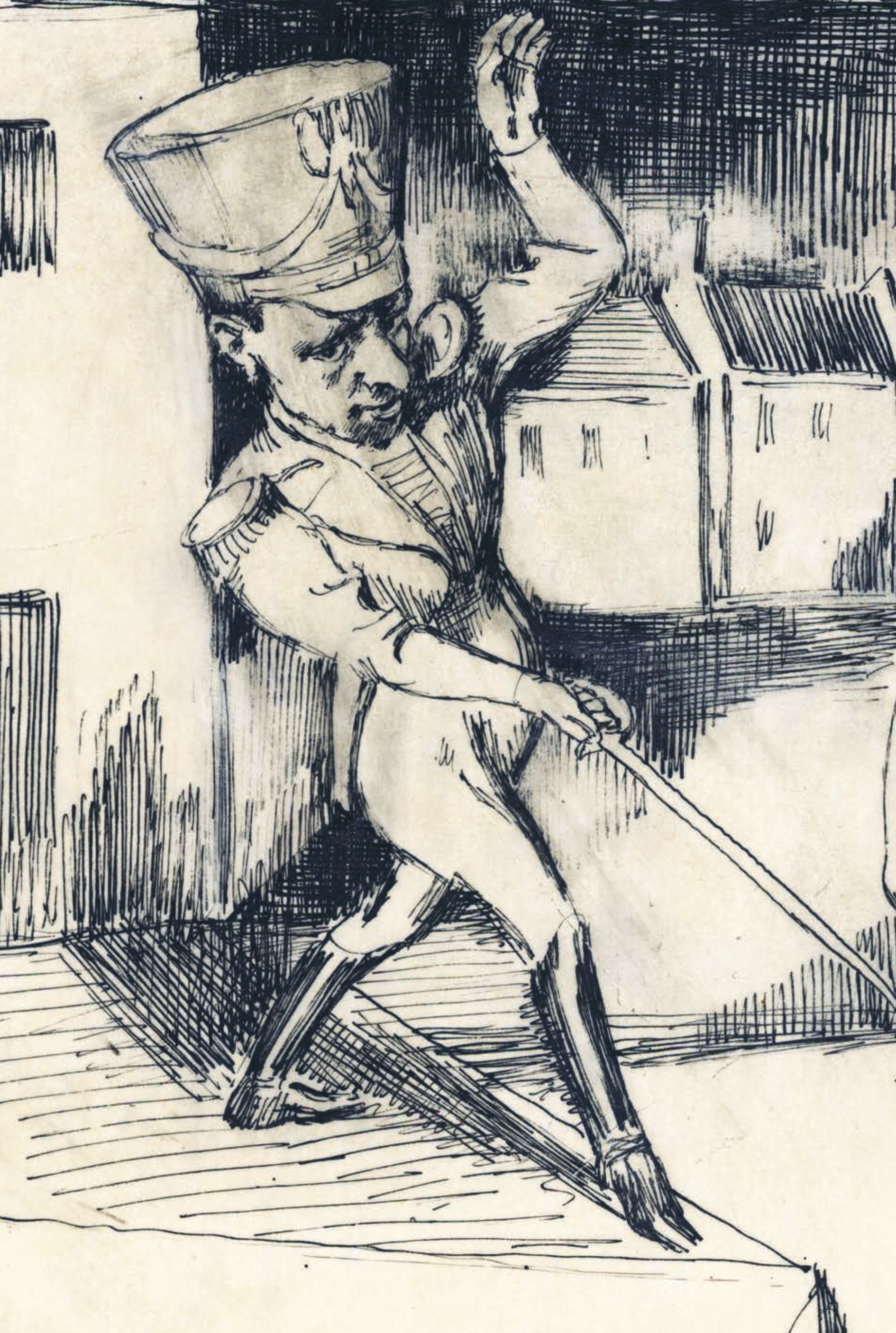Przyspieszyć przyjście Mesjasza: "Wiosna" (1936)
DOI:
https://doi.org/10.26881/sf.2022.19-20.10Abstrakt
The author interprets Bruno Schulz’s story „Wiosna” in the context of the Kabbalah, pre-Freudian sexology and the vision of an impersonal Messiah in messianism. The essay analyzes the relationship between masochism as a construct of sexological discourse and the representation of the present and the past in Schulz’s works. The nineteenth-century sexology left its mark not only on the way masochists perceived themselves, but also on their art. Schulz’s writing bears the mark of an interpretive rebellion against sexological discourse. The author hypothesizes that Schulz’s messianism is impersonal in nature, contrary to interpretations that seek a personal Messiah among the individual characters of his fiction. The Kabbalah is seen by the author as a way of reading the text opposed to a “messianic” reading. In his work, Schulz repeatedly illustrated the failure of the Kabbalah as an interpretive tool, but he did not claim that achieving meaning is doomed to failure. According to the author, there is a formal equivalence between the way Schulz writes about the present and uses flashbacks and the manner in which he creates visual representations of BDSM sessions.

 Uniwersyteckie Czasopisma Naukowe
Uniwersyteckie Czasopisma Naukowe





